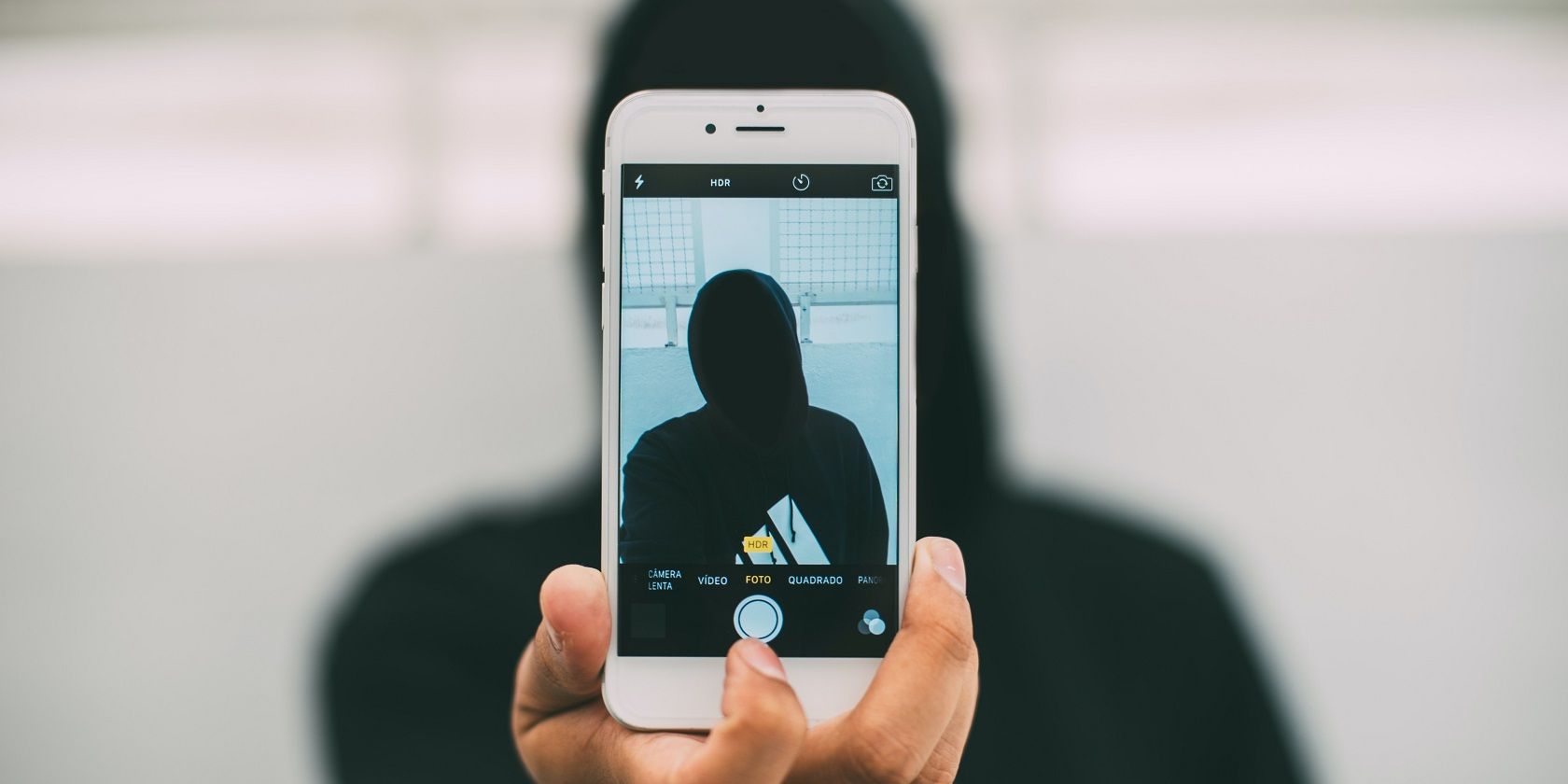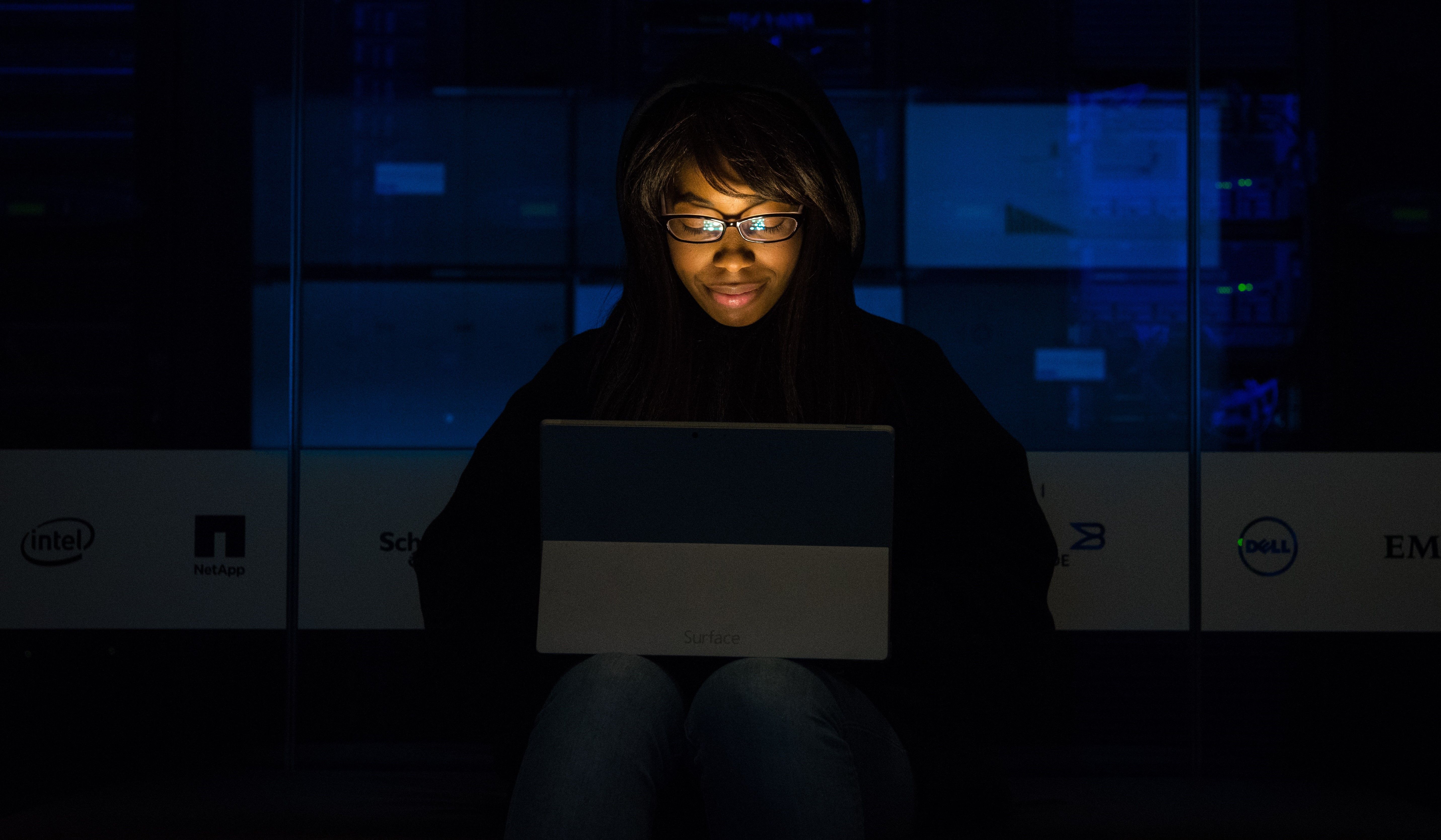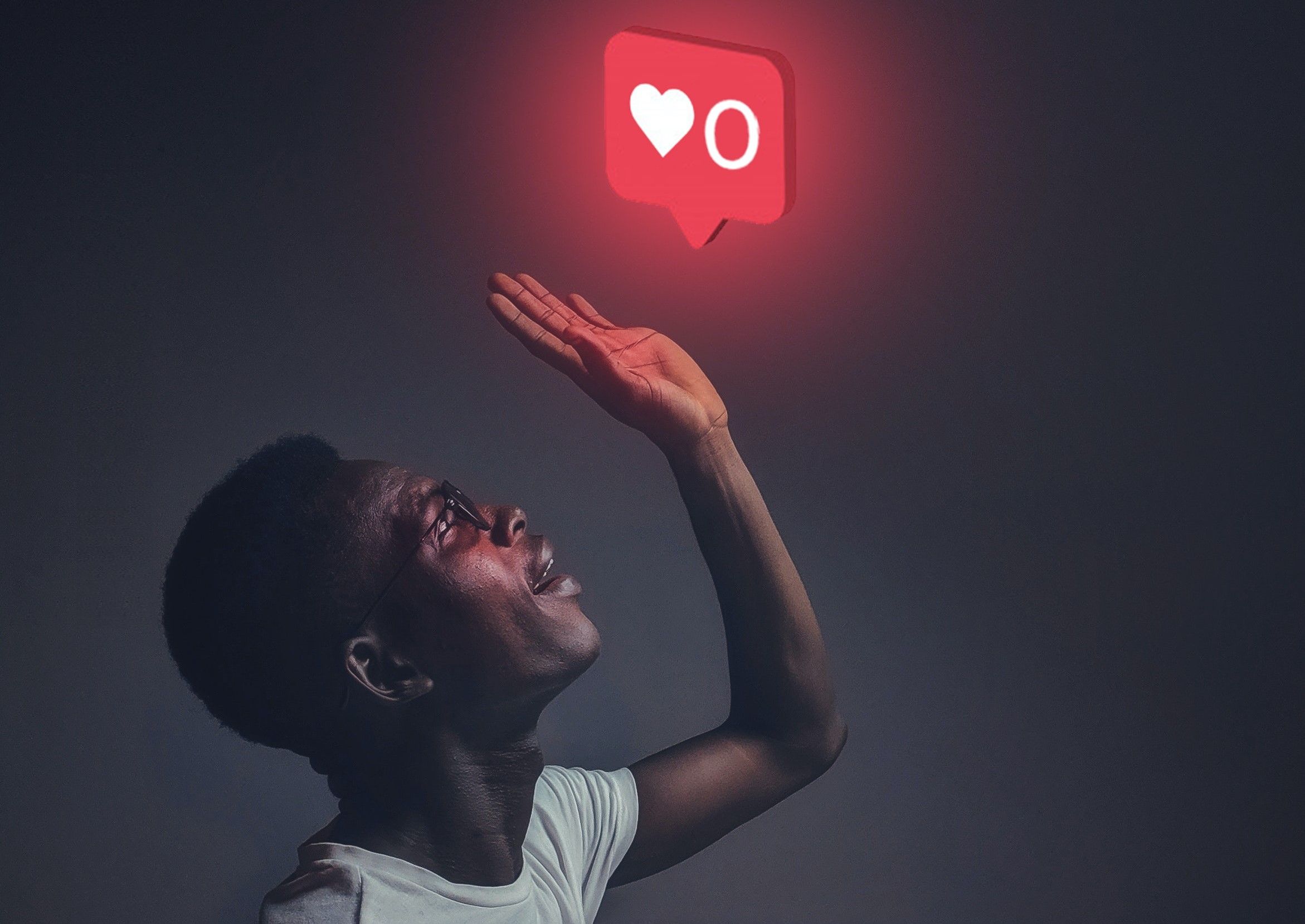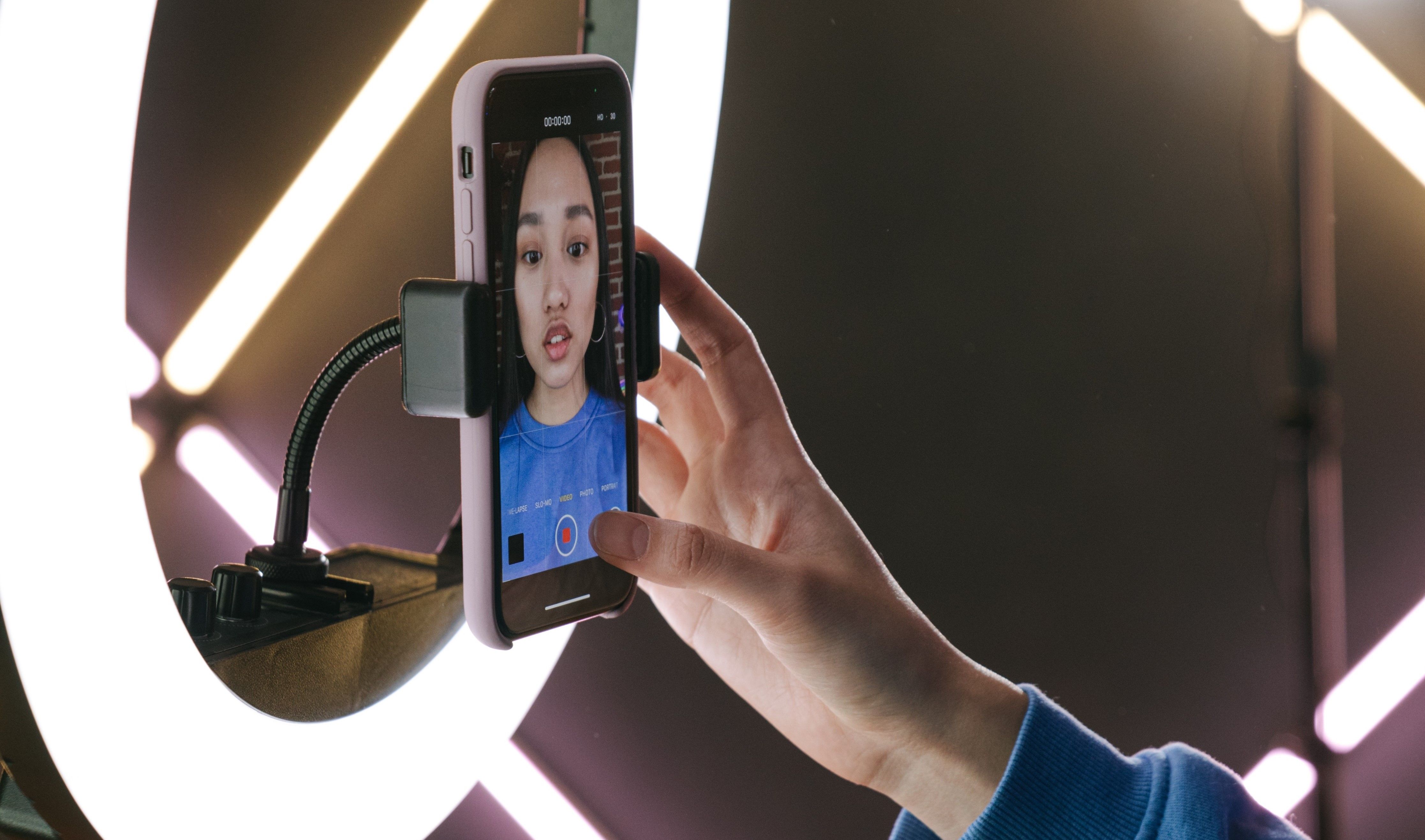Content creators are the backbone of social media. They keep the masses entertained, start profitable trends, and can even keep certain platforms relevant.
Whether you want to be a YouTuber, Instagrammer, or TikTokker, no creator exists in a vacuum, it comes with some responsibilities. And what if this pressure is too much? One way to lighten the load is to keep your identity hidden.
Let's look at the pros and cons of being an anonymous content creator.
The Benefits of Remaining Anonymous
Hiding your identity from your audience comes with a string of benefits.
1. Reduced Risk of Getting Doxxed
Cyberbullying doesn't stop at spewing insults, it can become dangerous quickly. One way is getting doxxed—aka having your location or other personal information revealed to the public out of spite or malice.
Being an anonymous creator doesn't mean you'll be completely safe from online harassment, but at least people will have a hard time identifying your whereabouts if they don't know anything about you.
Even if you're anonymous, everyone should be following internet safety precautions to keep themselves protected online.
2. Freedom to Experiment
Every content creator has been there: you become so involved in your project that you lose objectivity. Only after posting it online do you realize your mistakes, or how underwhelming the whole thing is.
The good thing about being anonymous is that your name isn't attached to any content that flops. This might give you the confidence to experiment with ideas or editing techniques as much as you want, no matter how messy it gets.
3. Maintain a Private Life in the Case of Going Viral
Social media algorithms are hard to predict, and you might go viral unexpectedly. Many will remain one-hit-wonders, but for some, their viral post will garner a growing audience.
One thing we can all take away from social media is that nothing remains personal. This is especially true for celebrities, influencers, and famous creators. People aren't only interested in the content, they become a fan of the person.
For some, this is the dream; marketing yourself is a tried and true strategy after all. But it comes with strings, your life is now an open book for the public to read. Being anonymous grants you the privilege of maintaining as much privacy as you want and avoiding drama. You also get to dodge obsessive people, which is just one of the dangers of being an influencer or creator.
4. You Probably Won't Get Canceled
Some online personalities are truly questionable, and those involved in unethical or illegal practices probably should be de-platformed. But sometimes there's simply a misunderstanding that gets out of hand and gets you canceled anyway—the herd mentality is real.
If there's no face or name to attach to the action, people are more likely to forget about whatever it is you said or did. If there truly is no coming back from the damage done, you could always start fresh with a new anonymous identity, and your real identity remains unscathed.
5. Less Preconceived Biases
It's no secret that minorities have a harder time on social media. Nobody should have to hide who they are in order to avoid harassment, but if you were going anonymous regardless, you'll likely be subjected to less prejudice online.
6. Complete Control Over Your Persona
Social media is a great medium for us to explore self-expression. However, thanks to "cringe culture" and cyberbullying, many are afraid to express themselves or feel limited in doing so. If there's no name or face attached to your content, you will feel freer to showcase your creativity and shape your online persona without a filter or expectations.
The Drawbacks of Hiding Your Identity
Keeping your identity a secret may be the safest option, but you do sacrifice some perks.
1. Having a Personal Relationship With Your Audience Is Hard
You might feel like your work is a true representation of who you are, but unfortunately, your audience might not feel the same. Being nameless and faceless means there will always be a barrier between you and them.
One way to bridge the gap is to share tidbits of your life without revealing your identity; you can do this with Stories. Tell people how your day was, share pictures of somewhere you visited, discuss your degree if you're studying, or share your favorite movies. Still, expect some disconnect between you and your audience.
2. You Can't Participate in All the Trends
Trends are just as important to social media platforms as the creators who participate in them, and many trends require you to film yourself, whether that be dancing or making facial expressions. This is why anonymous creators tend to stick to content such as meme videos, aesthetic edits, crafts, let's plays, and anything that doesn't require a face reveal.
As we've mentioned, you will have more freedom to experiment with content ideas, but those ideas will be restricted to certain niches.
3. Getting Sponsors Might Be Challenging
Many creators rely on sponsors and affiliate marketing as a source of income, and much of this is based not only on the number of followers they have but also on the trust their viewers have in them. There's a chance that your audience won't trust you as much when they don't know who you are.
Getting sponsors as an anonymous creator is definitely possible, but companies might be hesitant to reach out to you or decline your reaching out to them. Be prepared for this to happen.
4. You Might Need a Separate Portfolio to Score Gigs
Let's say you make video edits and someone reaches out with an offer to edit their indie film or music video. This will now become a business deal, which might require your personal information.
If your content revolves around a creative skill, you might start thinking about offering your services, accepting commissions, or even selling your art online. In this case, it's best to create a separate portfolio of your work with your real name attached. And should a conflict arise, it will be easier to solve when you can prove ownership of your work.
Anonymity Grants You Safety and Privacy, but at What Cost?
The decision to be an anonymous content creator is a personal one. If you're not prepared to deal with nasty people online or don't feel highly confident in your work, anonymity is for you. If you want to profit from your work, however, you might need to bite the bullet and put your name out there.
If you're unsure, there's always the option to go semi-anonymous. You can speak to your audience without revealing your face, or post a selfie every now and then but without revealing your name. It's entirely up to you.




